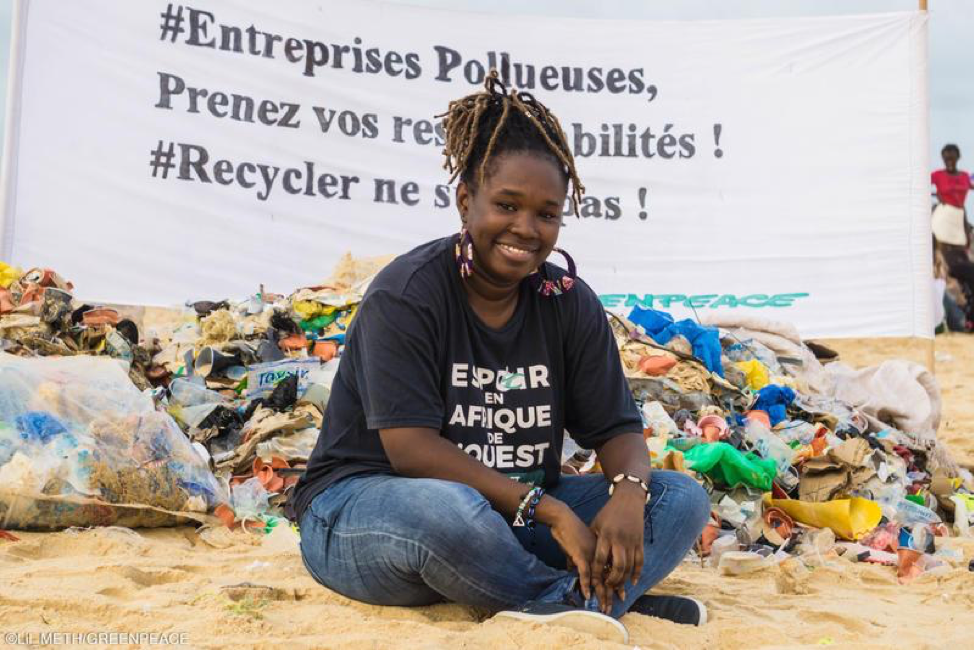
According to the United Nations Environment Programme (UNEP), alongside climate change and biodiversity loss, pollution is part of the triple planetary crisis the world now faces. Every year, humans produce 300 million tonnes of plastic waste, including 11 million tonnes that eventually wind up in the ocean – an amount that is projected to nearly triple by 2040 without urgent, large-scale action.
Ninety-nine per cent of plastic is the product of chemicals derived from dirty, non-renewable sources. Most of it never really disappears. Instead, it becomes smaller, with particles being swallowed by fish or farm animals and eventually consumed by humans in their food and tap water. Nonetheless, plastic continues to grow in popularity, with production increasing by more than 22 times in the last 50 years. By 2050, the plastic industry could account for 20 percent of the world’s total oil consumption. Plastic pollution could also make up 13 percent of the total global carbon budget.
Scientists have also documented 700 marine species affected by ocean plastic. Up to 9 of 10 seabirds, 1 in 3 sea turtles and more than half of whale and dolphin species have ingested plastic. In the African context, with nearly 120,000 tonnes of plastic that the Nile and Niger rivers carry to the depths of the oceans, making them major contributors to ocean pollution (Nile 84,792 tonnes / Niger 35,196 tonnes).
Enough key numbers among others to show the magnitude of the plastic crisis we need to move away from.
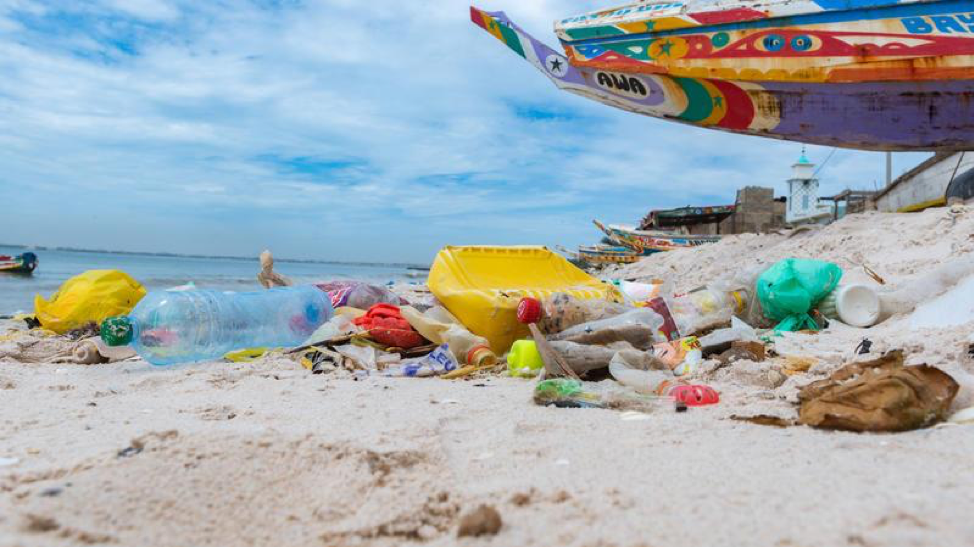
How Plastic finds its way into the oceans
About 80% of the debris comes from land-based activities. The remaining 20% comes from boaters, offshore oil rigs, and large cargo ships that dump or loose debris directly into the water.
Plastics make up the majority of marine debris for two reasons. First, plastic’s durability, low cost, and malleability mean that it’s being used in more and more consumer and industrial products. Second, plastic goods do not biodegrade but instead break down into smaller pieces. Most of this debris comes from plastic bags, bottle caps, plastic water bottles, and Styrofoam cups.
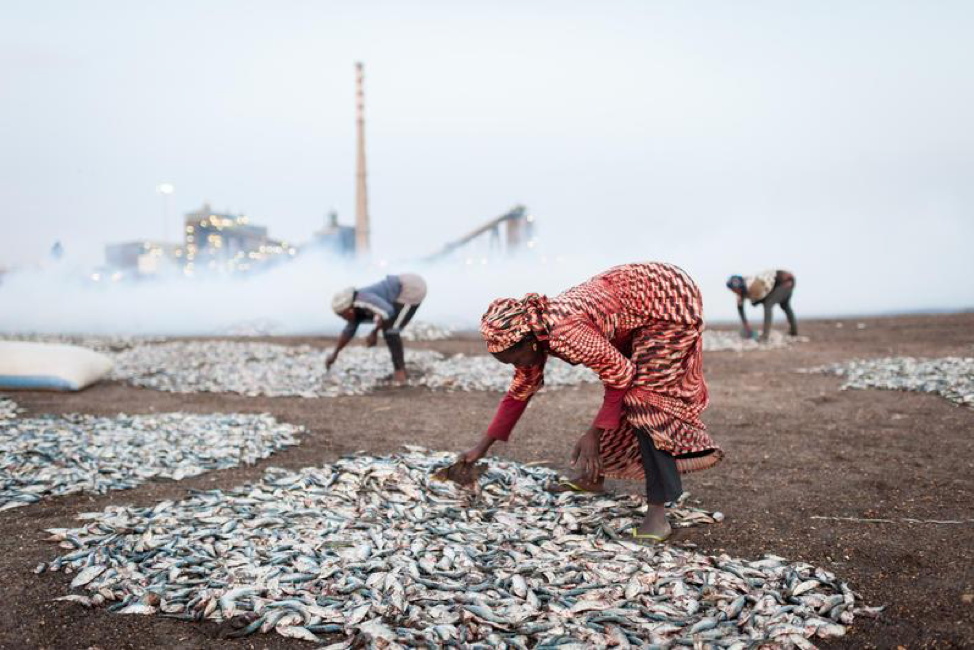
Plastic pollution threatens the food security, livelihoods, and job security of coastal fishing communities from developing countries
The ocean makes life on earth possible, helping to regulate our climate, providing the main source of protein for more than a billion people and generating much of the oxygen we breathe. Marine litter and plastic pollution pose an existential threat to ocean health. Therefore, the loss of habitats and biodiversity increasingly affects the ability of the ocean to provide food and other services.
Along the West African coast, we already suffer from overfishing, Illegal, Unreported and Unregulated fishing (IUU), overexploitation of small pelagic stocks, tonnage fraud, the problem of fishmeal factories, etc. It is unthinkable to let the issue of plastic pollution continue to take on disproportionate proportions.
This situation already threatens the livelihoods of millions of lives in West Africa and the job security of our fishmongers, which comprises fishermen and brave female fish processors, who are making a living from the revenue earned.
For a country like Senegal whose first sector to provide foreign currency is the fishing sector, it is imperative to tackle the problem of marine pollution by this plastic waste, especially since fish covers about 70% of the needs in animal proteins of the Senegalese population, that is to say an annual consumption of fish per capita of 29.9 kilograms.
It is really time to turn the tide.
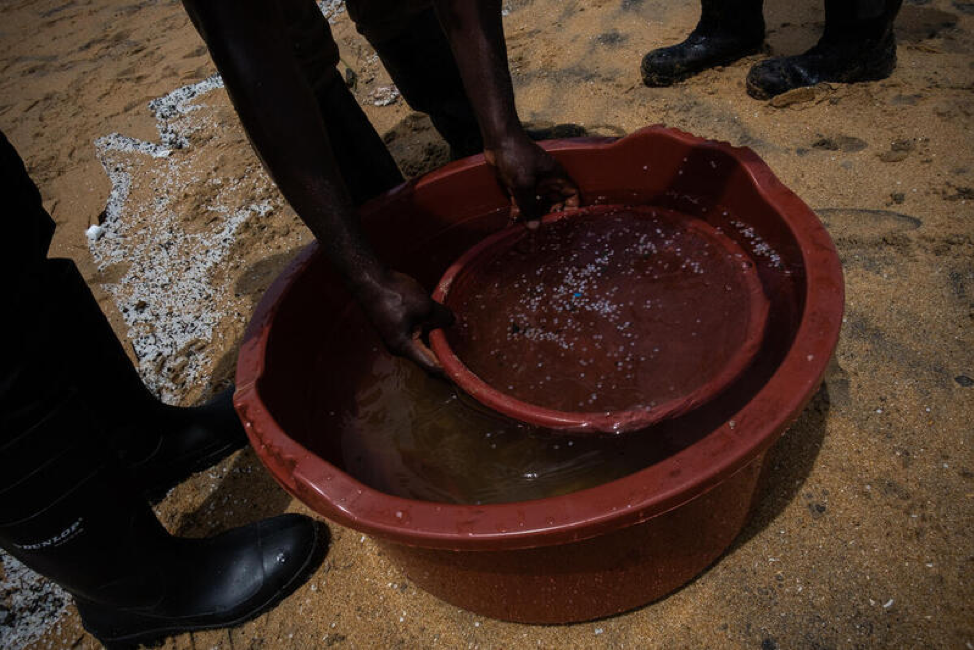
The impacts of microplastics on human health
Previous researches haven’t found the exact effect of microplastic consumption. It is important to remember that the field of microplastics research is in its infancy. Uncertainties and knowledge gaps make it difficult to be conclusive about the impact that microplastics may have on seafood, on the marine environment or on human health.
Until we have definite answers as to the impact that microplastics may have, it is prudent to apply the precautionary principle.
However, according to a joint research made on commercial salt brands by the National Research Foundation of Korea (NRF) and Greenpeace, adults could take up to approximately 32,000 pieces of microplastics annually via air inhalation, drinking tap water and bivalve ingestion and this amount is not negligible.
Despite concluding that microplastics in seafood do not currently represent a human health risk, a report published by The United Nations Environment Programme (UNEP) in 2016 highlighted major knowledge gaps in understanding of the fate and toxicity of microplastics, as well as noting the potential for microplastics to act as surfaces for the transport and dispersal of pathogens relevant to human diseases.
The need to move away from waste colonialism to promote environmental justice in the Global South countries
A recent report from the UNEP, finds that Plastic pollution is disproportionately hitting marginalized groups. The impacts of plastics on marginalized populations are severe, and exist at all stages of the production cycle, from extracting raw materials and manufacturing, through to consumption and disposal, according to the report.
Plastic waste not only endangers the livelihoods of those relying on marine resources, it also causes a raft of health issues for people who consume seafood infested with toxic micro and nano plastics.
Recently, a German shipping giant Hapag-Lloyd has been caught in the act of fraud by Senegalese Customs because this fifth largest ship owner in the world was fraudulently trying to bring 25 containers of plastic waste into Senegal.
It’s a scandal, it is unacceptable and irresponsible to see Western companies making Africa a dumping ground for plastic waste. Africa is not a dumping ground, let alone plastic waste, neither is Senegal a dumping ground.
Relations between Western and African countries must be based on mutual respect for human dignity. It’s high time to get out of this waste colonialism which stifles all the sustainable development initiatives of African countries and more specifically slows down the efforts made so far and being done until now, by Senegal and other african countries on plastic pollution and plastic waste management.
This is really contradictory to efforts that EU countries often say they champion when trying to push for climate friendly global agreements because EU countries are not consistent with the policies they put in place. They can’t claim to push for climate friendly global agreements while dumping their plastic waste in developing countries.
Senegal and other developing countries are sovereign countries governed by laws and legislations that need to be respected.
They cannot be bullied by former colonial powers, therefore its people must be treated with respect and dignity.
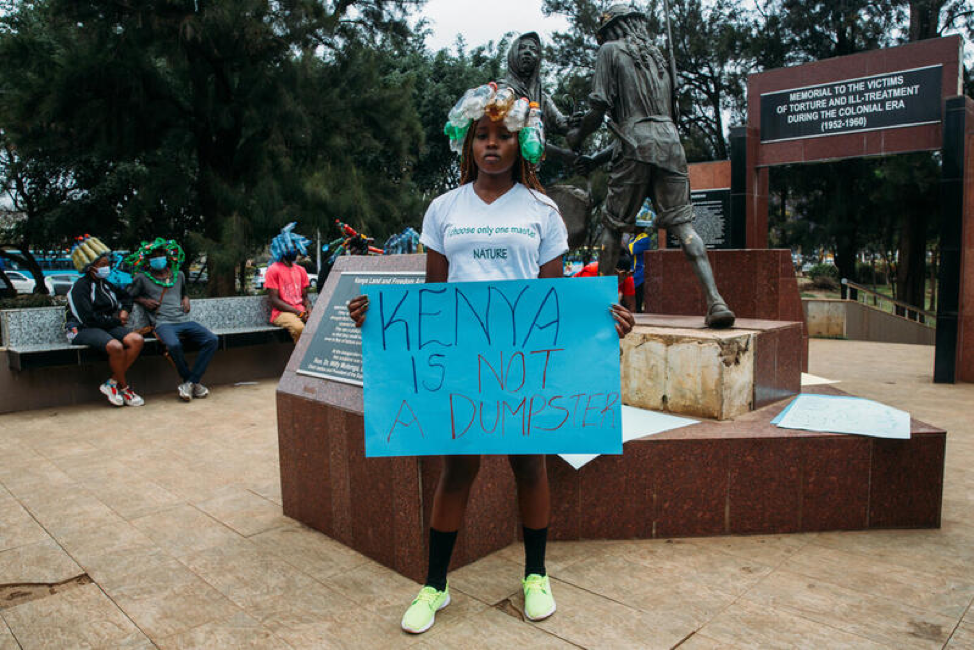
African Countries Efforts to fight plastic pollution shouldn’t be ruined
In 2020, an important decision was taken by the Senegalese Ministry of Environment and Sustainable Development with the ban on all water sachets and plastic cups in the country. This updated legislation followed the plastic bags ban law that was adopted in 2015 and wasn’t showing any real commitment from local authorities regarding its effective application and implementation.
Building on the great decision by the Senegalese government, Ministers for Environmental Protection of the 15 member countries of the regional body ECOWAS (Economic Community of West African States) also decided to put a ban on the import, production and marketing of plastic packaging in the region by 2025. The same applies to the ban on the installation of new plastic packaging production units in the ECOWAS countries.
Other champion countries included Kenya which plastic ban followed in the footsteps of Rwanda and Morocco, and these initiatives led other East African countries like Tanzania to also introduce a complete ban on lightweight plastic bags. In total, according to a United Nations December 2018 report, there are 34 bag bans or taxes across the African continent.
Thanks to the growing movement of people demanding a plastic-free Africa and the increasing number of champion countries across the continent, we are thrilled to see positive steps toward a plastic-free Africa. African governments are beginning to see huge benefits to the environment as a result of the ban.
These efforts shouldn’t be ruined by western companies and governments using African countries as a plastic waste dumping ground.
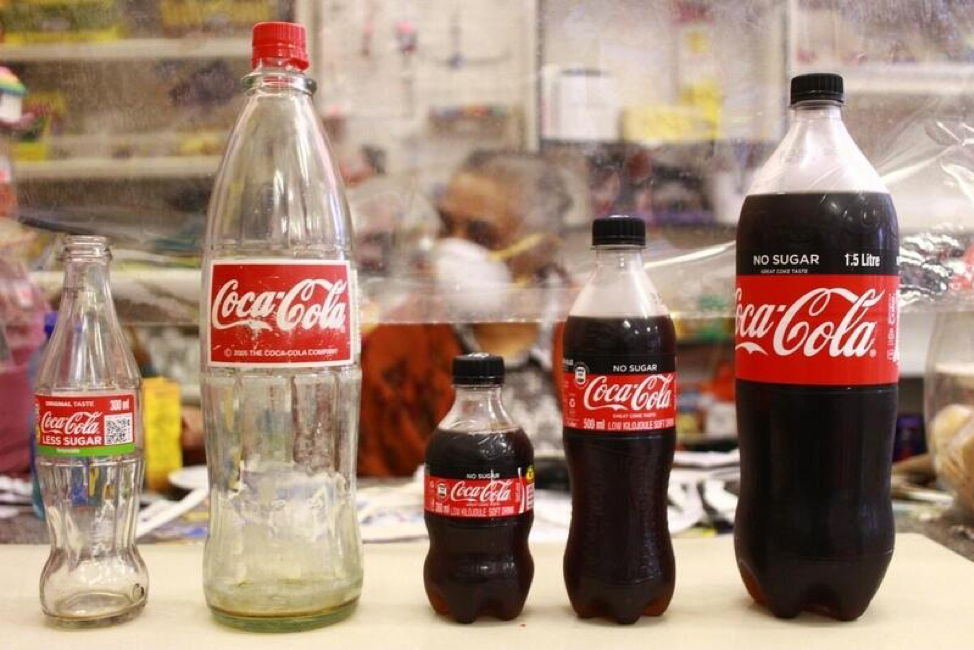
The false solutions to plastic or corporate greenwashing practices
False solutions to plastic are the proposed solutions that do not promote the switch from single-use to reuse-based product delivery systems or reduce the amount of plastic being produced. They fail to address the root causes of the plastic pollution crisis. In fact, in most cases, these false solutions enable or justify the continuous production of single-use plastics.
Top corporate plastic polluters invest in many fasle solutions instead of developing reuse-based packaging or delivery systems. It goes from unproven at scale technology, third party collect/dispose, false narrative, no concrete actions, to how to stop false solutions.
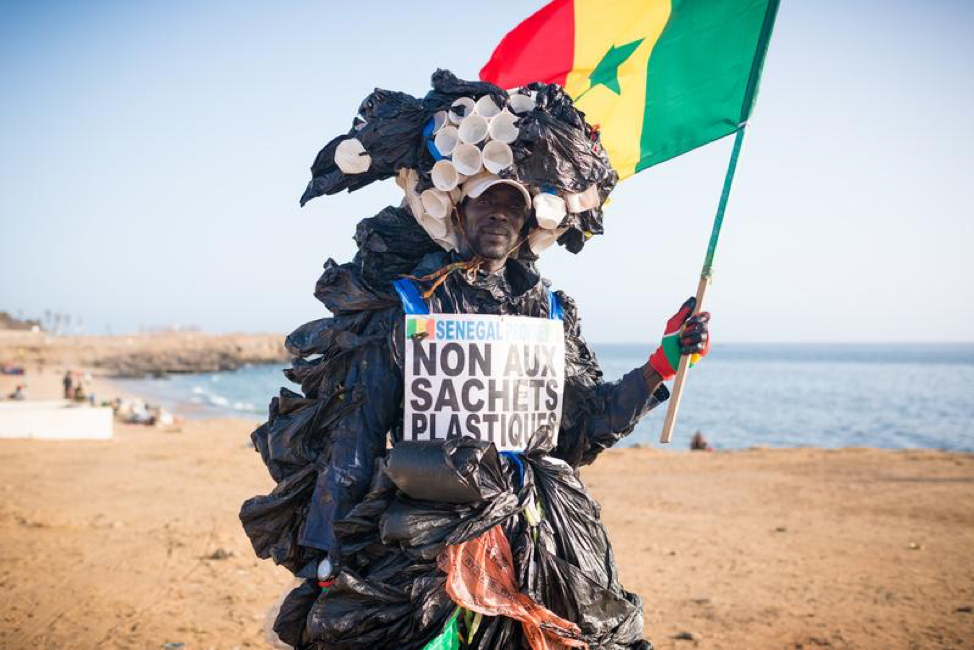
The pathway to a plastic-free world
The real solution to phase out the plastic crisis is to stop the mass production of this toxic chemical made from non-clean sources of energy like fossil fuels.
Governments need to take responsibility by strengthening bans on single-use plastics and encouraging their reduction and reuse through existing legislations by ensuring full and effective implementation of those legislations.
Corporations and industries also need to acknowledge their heavy responsibility in this plastic peril and provide sustainable solutions. They are the ones who produce on a large scale and extensively. It is, therefore, up to them to manage the plastic life cycle from production to the end consumer.
Finally, the need to raise awareness among the population, among civil society actors, and promote a mindset shift that will push ordinary citizens to adopt eco-responsible behaviors. Greenpeace, with the help of its outstanding volunteers, is doing a lot of work in this direction.
If there is a global call to make to drive marine ecosystems restoration, that would certainly be to advocate for a Global Plastic Treaty. Please visit our website to get involved and be part of the next generation’s change agents who will co-create sustainable solutions for Mother Earth.
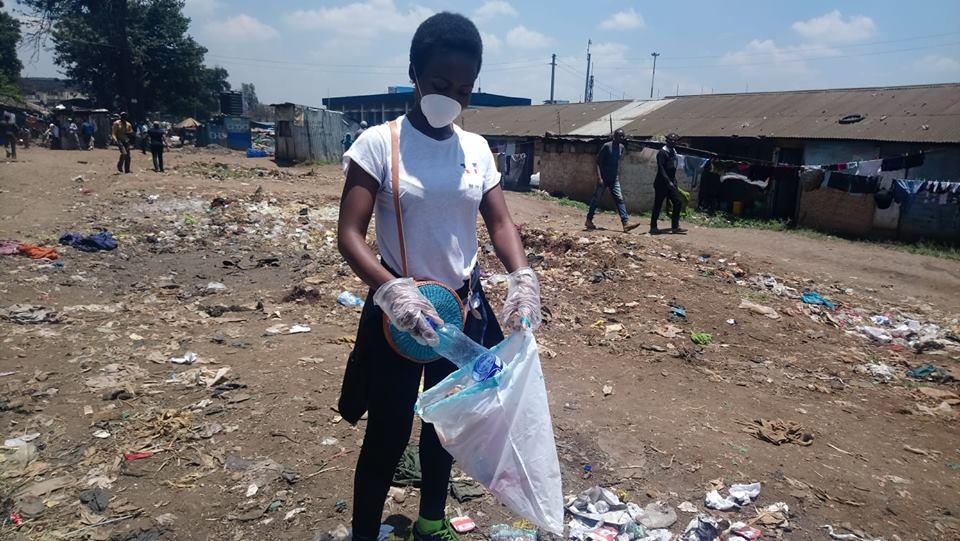

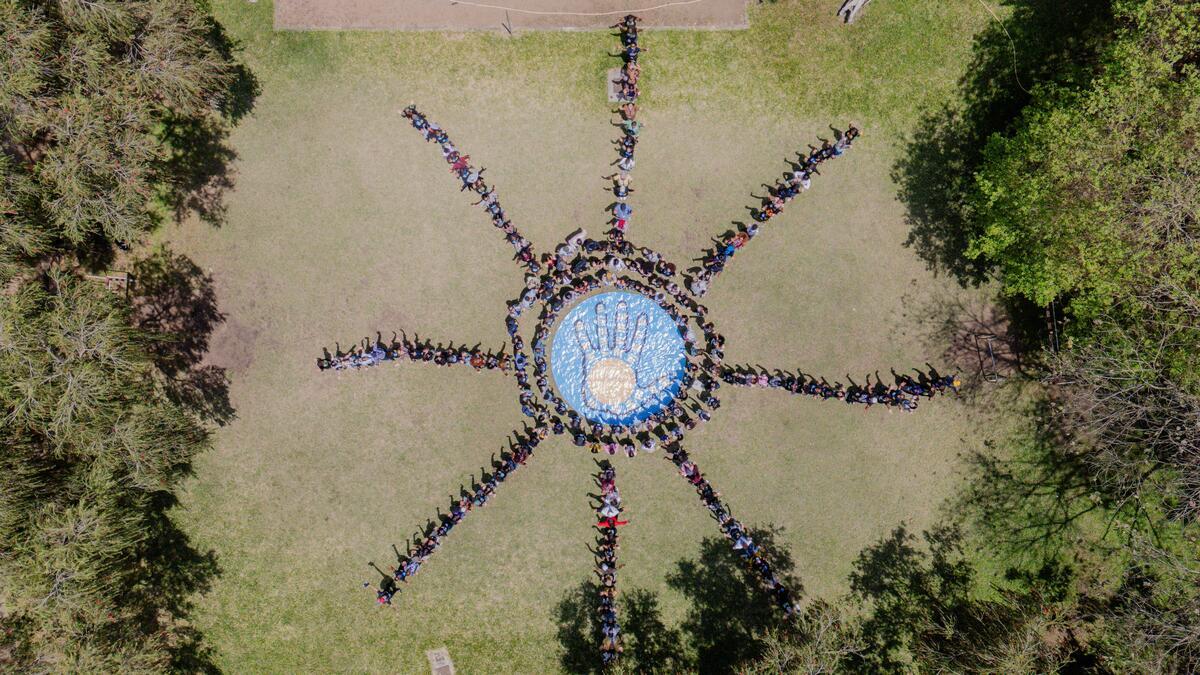
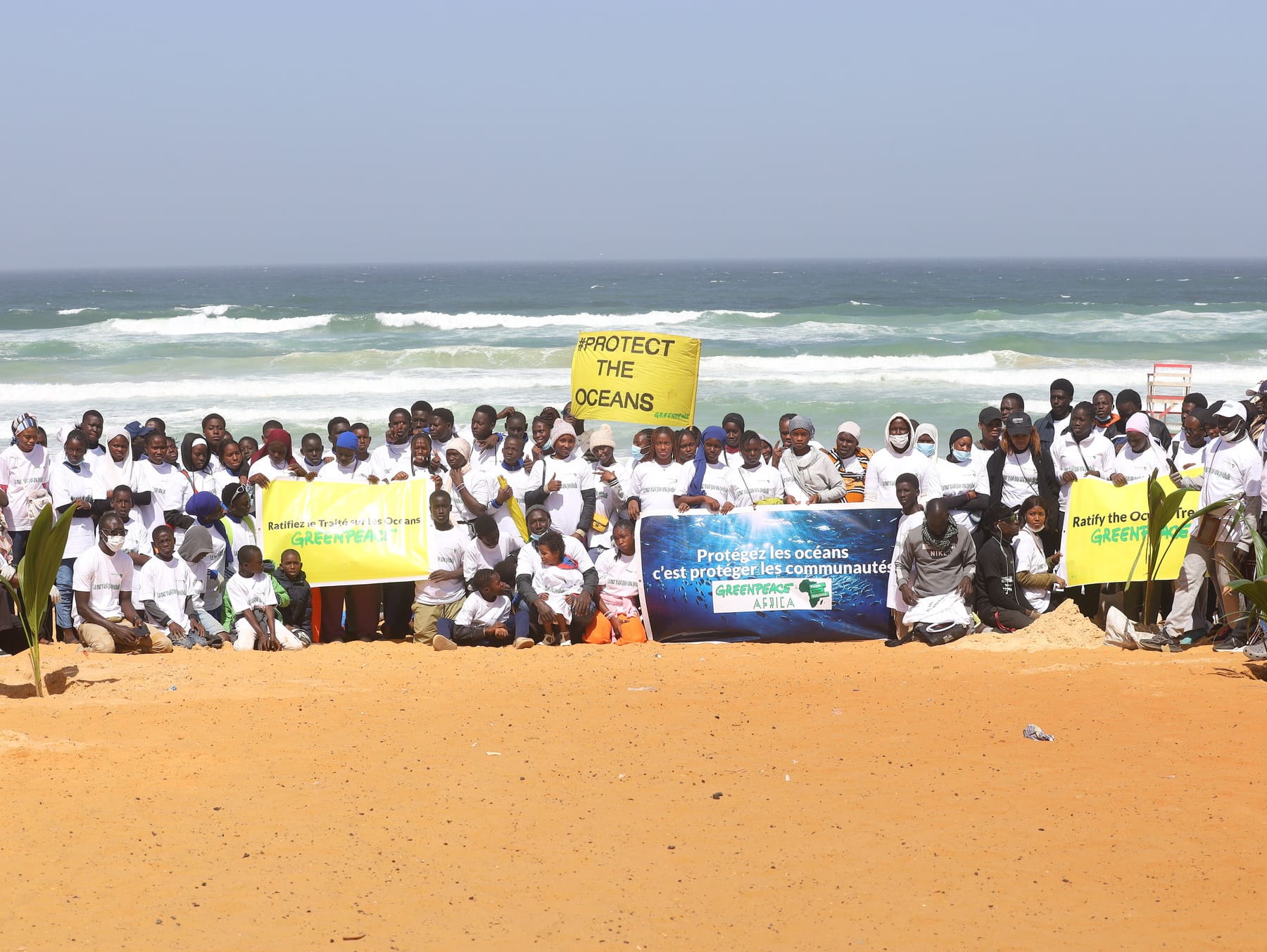
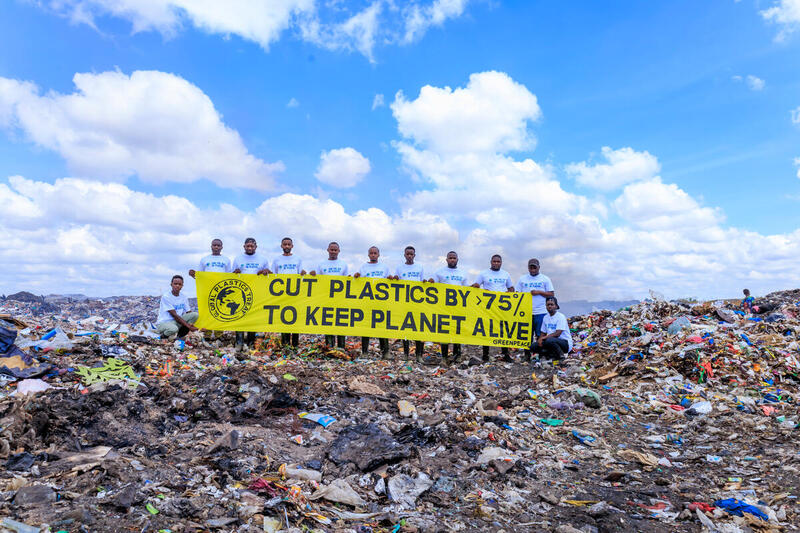
Discussion
Interesting piece.
👍